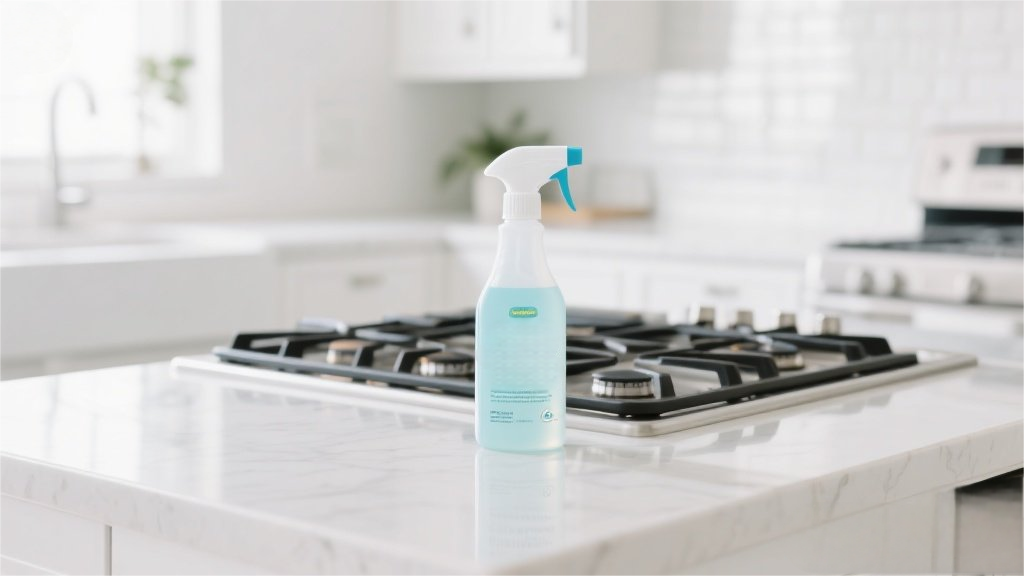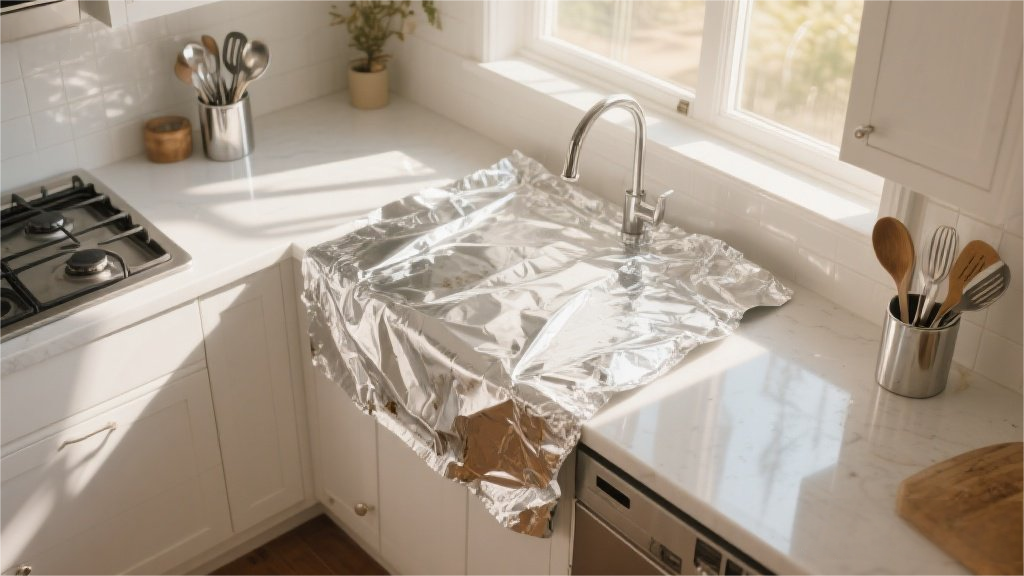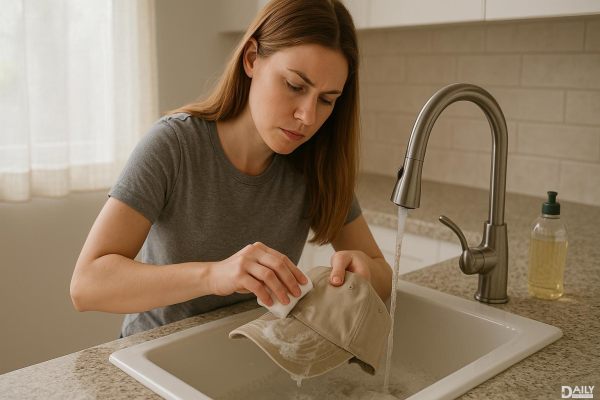Night sweats in young women might seem like a mystery, but they're often tied to hormonal fluctuations—especially during menstrual cycles, pregnancy, or perimenopause. While they can be frustrating, the good news is that simple lifestyle tweaks can make a big difference. Cutting out alcohol before bed, skipping spicy dinners, and ditching cigarettes are just a few ways to keep those midnight soakings at bay.
Why Hormones Love to Mess With Your Sleep
Estrogen and progesterone don’t just dictate your cycle—they also play a major role in regulating body temperature. When these hormones dip (hello, PMS or postpartum life), your internal thermostat can go haywire, leading to sudden heat surges. Thyroid imbalances and stress-induced cortisol spikes can also throw things off. If you’re waking up drenched without a fever, it’s worth tracking when it happens—cycle phases, stressful periods, or even that extra-spicy burrito at 10 PM could be the sneaky trigger.
Alcohol: The Sneaky Sleep Saboteur
That glass of wine might help you unwind, but it’s basically sending mixed signals to your brain. Alcohol disrupts REM sleep (the restorative phase) and dilates blood vessels, tricking your body into overheating. Even one drink close to bedtime can set off a sweat-fest. Swap it for tart cherry juice or chamomile tea—both contain sleep-friendly compounds without the temperature rollercoaster.
Spicy Foods and Acid Reflux: A Double Whammy
Capsaicin (the compound that gives chili peppers their kick) revs up metabolism and circulation, which sounds great… unless you’re trying to sleep. Pair that with reflux from lying down, and you’ve got a recipe for midnight misery. Pro tip: Finish spicy meals at least 3 hours before bed, and elevate your pillow if reflux is a recurring issue. Bonus: Your taste buds will thank you—sleeping through heartburn is zero fun.
Nicotine’s Role in Nighttime Overheating
Smokers often chalk up night sweats to withdrawal, but nicotine itself is a stimulant that hikes heart rate and body temp. Even vaping or patches can trigger sweats as your body processes the chemical. Quitting isn’t easy, but tools like apps, support groups, or prescription aids (ask your doc about options like bupropion) can help. One less-known trick? Sipping cold water through a straw when cravings hit—it mimics the hand-to-mouth habit while keeping you hydrated.
Other Triggers You Might Not Expect
Heavy bedding or synthetic pajamas trap heat like a sauna. Opt for breathable cotton or moisture-wicking fabrics instead. Certain medications (antidepressants, steroids) also list night sweats as a side effect—check labels and ask your provider about alternatives. And don’t underestimate stress: Anxiety floods your system with adrenaline, which can literally warm you up. Try progressive muscle relaxation or a 5-minute meditation before bed to dial it down.
While occasional night sweats are normal, persistent episodes (especially with weight loss or fatigue) warrant a doctor’s visit to rule out conditions like infections or autoimmune issues. For most, though, small changes—cooler rooms, lighter dinners, stress management—can turn sweaty nights into solid Zzz’s. Your hormones might be unpredictable, but your bedtime routine doesn’t have to be.
























